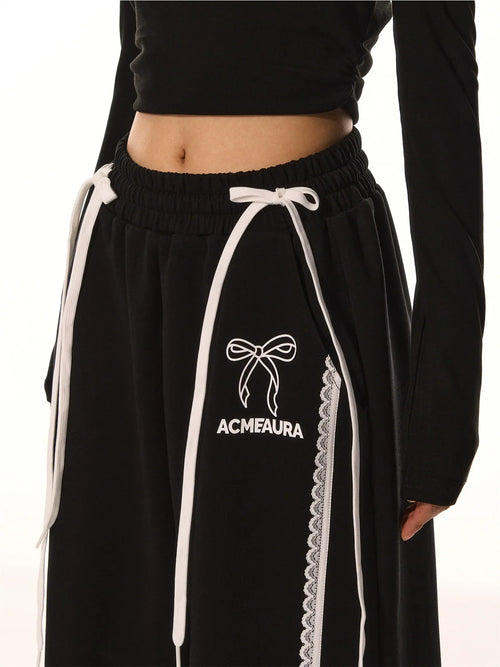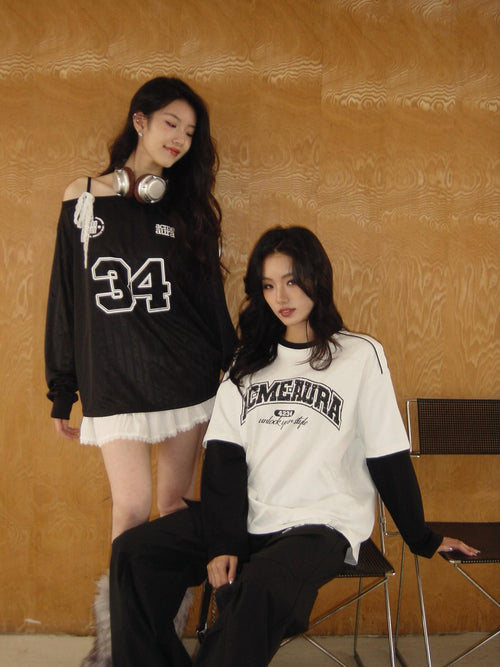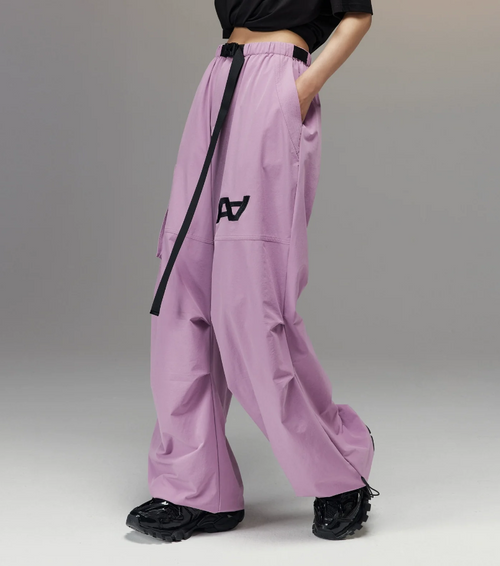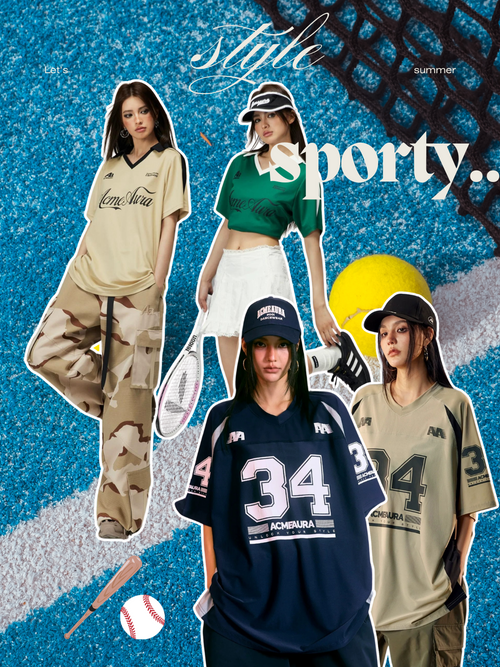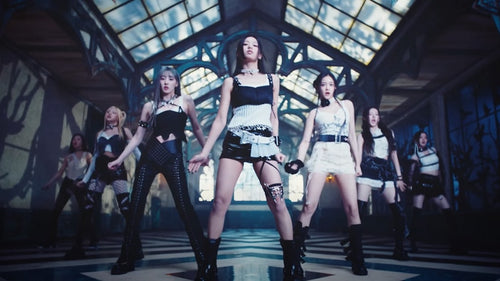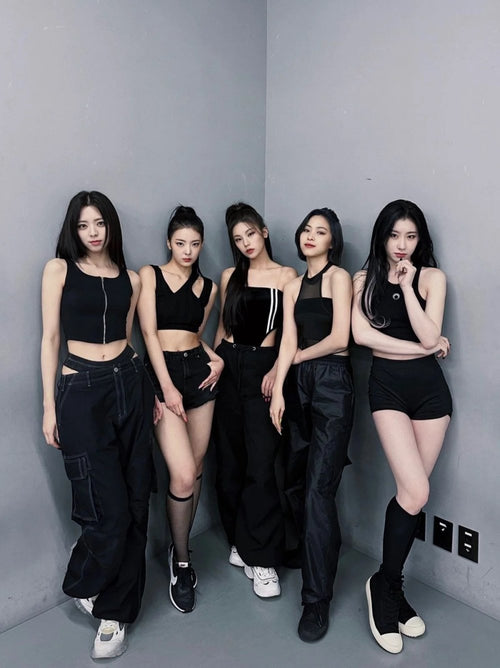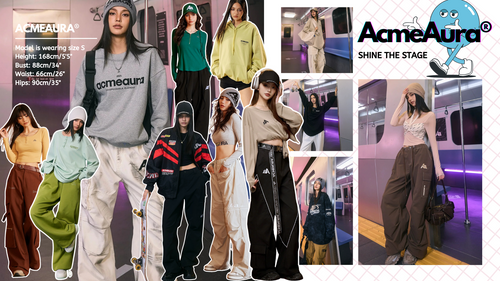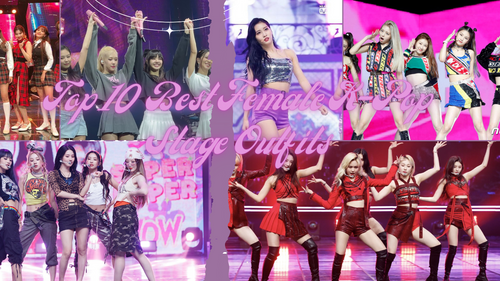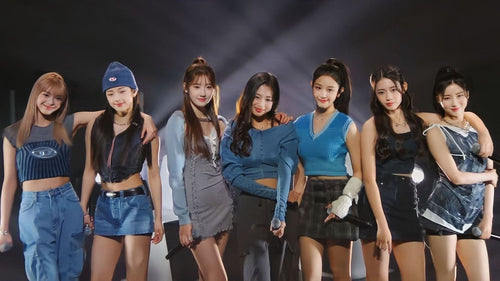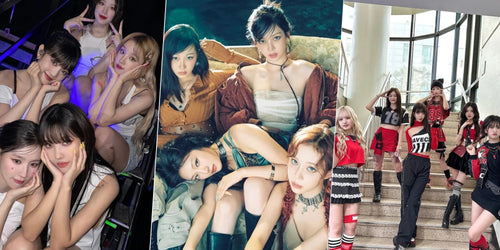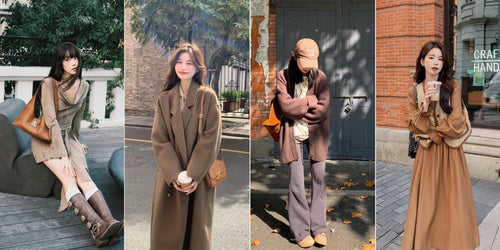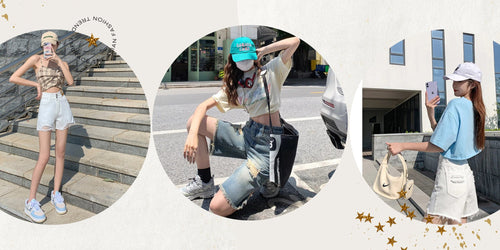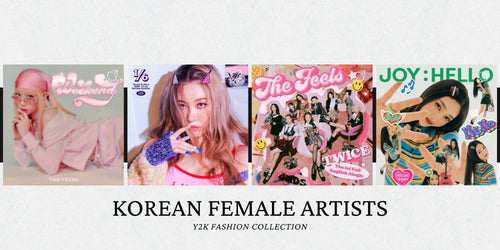Introduction to Streetwear Culture
Streetwear resonates with the sounds of skateboards on concrete and the vibrancy of urban murals. More than just a fashion genre, it embodies a culture and lifestyle deeply rooted in the urban landscapes of the 1980s and 90s. This style intertwines fashion, music, art, and contemporary societal trends, making it a powerful form of self-expression.
The Origins of Streetwear
The genesis of streetwear is often traced back to California's surf and skate culture. Pioneers like Shawn Stussy transformed his surfboard brand into a clothing line, introducing graffiti-style logos on t-shirts and caps. This laid-back, effortlessly cool aesthetic quickly gained traction, establishing the groundwork for streetwear's evolution.
Defining Streetwear
Pinning down the definition of streetwear is akin to capturing the essence of a cultural movement. At its core, streetwear consists of casual, comfortable clothing—think t-shirts, hoodies, sneakers, and baseball caps. Yet, it’s the attitude and rebellion against mainstream norms that elevate these pieces into the realm of streetwear. It signifies a bold statement about identity and community.
The Evolution of Streetwear
Streetwear's evolution from skate parks to high-fashion runways exemplifies its universal appeal and adaptability. Brands like Supreme, Off-White, and Bape have transformed streetwear into luxury commodities. Collaborations with artists and high-fashion designers have propelled streetwear into new dimensions, showcasing its versatility and relevance in today's fashion landscape.
The Influence of Music and Art
Music genres such as hip-hop and punk have significantly influenced streetwear's popularity. Artists' styles often dictate trends, as their choice of brands and looks resonates with fans. Moreover, street art and graffiti—expressive and rebellious in nature—have left an indelible mark on streetwear aesthetics, further enriching its cultural narrative.
Streetwear Today: More Than Just Fashion
In contemporary society, streetwear transcends mere clothing; it serves as a canvas for self-expression, social commentary, and political statements. It showcases artistic expression, with blurred lines between streetwear, high fashion, and art. This dynamic interplay makes streetwear an ever-evolving phenomenon that adapts to the shifting cultural landscape.
Conclusion: The Enduring Legacy of Streetwear
Streetwear reflects the very streets from which it emerged, embodying a blend of fashion, culture, attitude, and art. As it continues to evolve and respond to the world around it, streetwear remains more than just a style—it’s a way of life that resonates with individuals seeking to express their identity and beliefs.


